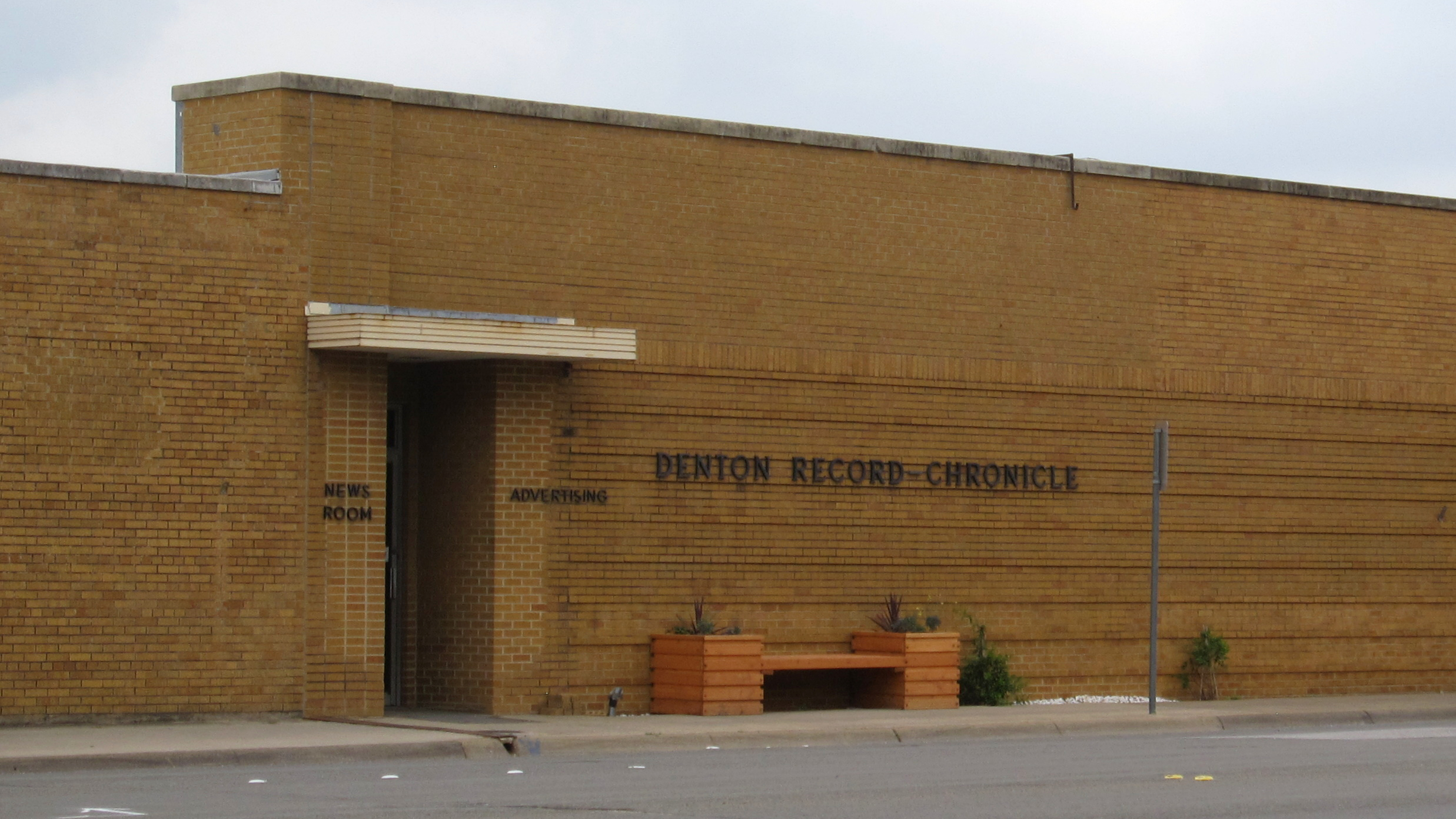FCC suggests exempting public radio from new online public file requirements
The FCC is considering giving public radio stations at least two additional years — and maybe even a complete exemption — from a proposed agency regulation that could soon require other radio stations to start publishing public file records online, the agency said in a recent notice.
“We recognize that some radio stations may face financial or other obstacles that could make the transition to an online public file more difficult,” said the FCC, in a notice of proposed rulemaking released December 18.
“Accordingly, we believe that it is reasonable to commence the transition to an online public file for radio with stations with more resources while delaying, for some period of time, all mandatory online public file requirements for other stations.”
The online proposal is part of an agency effort to make key station records more easily accessible to the public.
Under existing FCC rules, all broadcasters, commercial and noncommercial alike, are required to maintain publicly available files that disclose a variety of information about their operations, including details about their ownership.
Commercial stations must also include information about political advertising sales in the public files. For noncommercial broadcasters, lists of donors supporting each program must be maintained in the public record for two years after the program airs.
As part of an effort to ease public access to the records, the FCC began phasing in a requirement two years ago that all commercial and noncommercial TV stations post their files online.
Now the FCC is proposing to extend the online posting requirement to other media outlets, including radio, cable and satellite TV.
Under the phased-in approach endorsed in the agency’s notice for radio, commercial radio stations with five or more full-time employees in the top 50 Nielsen Audio markets would be required to start posting their public station records online first.
The online obligation for other noncommercial and commercial stations would be delayed for two years.
However, also in the notice, the FCC asks whether it should exempt noncommercial educational stations — and all stations with fewer than five full-time employees — from the online obligation permanently, “rather than simply delaying implementation of online file requirements for these stations.”
In an earlier round of comments about the FCC’s proposal, the National Federation of Community Broadcasters cited the potential burdens a change could impose on stations and recommended exempting noncommercial radio from the online obligation altogether or at least exempting stations with five or fewer employees.
In that same round of comments, Native Public Media, an association representing tribal media organizations, agreed that the proposal would be overly burdensome and could lead to the demise of some of its radio stations. NPM also urged the FCC to drop program donor lists from its proposed online disclosure requirements.
But in its notice, the FCC proposes to require the inclusion of radio’s donor lists online, just as the agency previously required noncommercial TV stations to publish their donor lists online. “Is there a reason to treat NCE radio station donor lists differently from NCE television station donor lists?” the FCC asked in the notice.
The notice also proposes to permit all radio stations to switch to online filing before the two-year deadline if they want to make the change before a switch may be required.
“We believe our proposal addresses many of the concerns raised regarding radio stations that may have fewer resources and, therefore, might find transitioning to the online file more burdensome,” the FCC added in its notice. “These stations would not be required to commence uploading documents to the commission’s database until stations with more resources have completed part or all of their transition to the online file.
“This delayed transition will assist small stations to budget for any initial costs to upload documents to the file and any extra staff time required for this effort.”
“It was satisfying to see that the FCC listened to our comments and is planning to take the plight of smaller commercial and noncommercial stations into account,” said John Crigler, a communications attorney with the law firm Garvey Schubert Barer, who represents NPM and other noncommercial radio stations.
Noncommercial radio stations and other members of the public will have 30 days to comment on the FCC proposals and another 60 days to reply to initial comments before the agency can adopt a final rule enacting any changes.
Related stories from Current:







